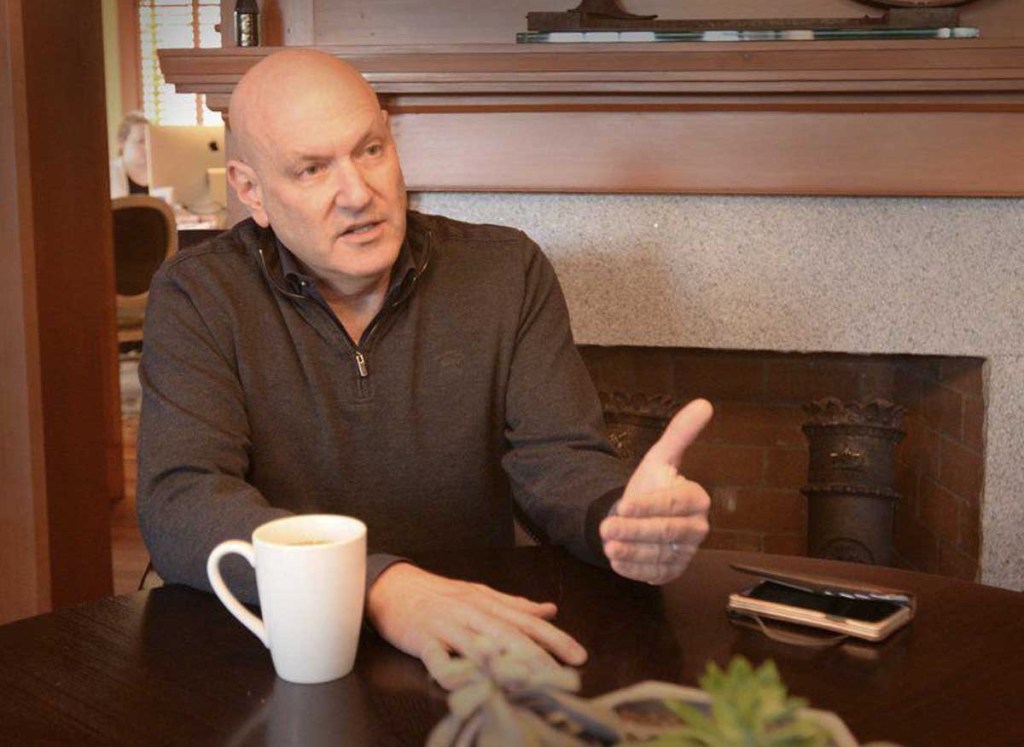Mass. psychiatrist offers new technology to treat depression
Published 6:00 pm Monday, February 13, 2017

- Keith Ablow of New England TMS in Newburyport, Massachusetts, practices dTMS, or deep Transcranial Magnetic Simulation. The procedure involves a machine which “is designed to stimulate under-active areas of the brain.”
NEWBURYPORT, Mass. — Depression has been part of American medical culture for as long as records have been kept.
Keith Ablow, a veteran psychiatrist, recently added to his toolkit for treating it, introducing a novel technology billed as a “non-medicinal treatment for depression.”
“This technology can be used instead of medication,” Ablow, who is also a well-known author, said. “It can be appropriate for those who are profoundly depressed or for whom other solutions have not been successful.
“This is a well-tolerated solution that the data shows is very effective.”
His mini-practice is known as New England TMS, and his office is one of the few in northern New England to be employing the technology, known as dTMS, or deep Transcranial Magnetic Stimulation. In the United States, states including Texas, Colorado and California also boast dTMS therapy locations.
The treatment involves a machine that “is designed to stimulate under-active areas of the brain.”
The patient is fitted with a padded helmet-like device attached to a console “to provide non-invasive brain stimulation to neurons within a targeted area of the brain.”
No sedation is required, and the patient is awake and alert during treatment sessions.
Ablow said magnetic stimulation is delivered to the left prefrontal cortex of the brain, similar to the magnetic process used for an MRI. The stimulation activates nerve cells in the brain, and “this relieves symptoms of depression, anxiety and many other maladies,” according to Brainsway, the company that produces the hardware.
“It can address treatment-resistant depression, post-traumatic stress syndrome and even anxiety about the inability to stop smoking,” Ablow said.
The technology is patented and registered by the National Institutes of Health, according to New England TMS.
The technology has been proven in more than 60 clinical tests worldwide, Ablow said, and the recommended treatment is daily sessions for four to six weeks.
After a 30-minute treatment, the patient can go back to work or home.
The doctor said a full treatment would cost $15,000, adding that most insurance policies cover at least half the series of procedures. He said his office works with patients to enable them to afford the treatment.
Company literature states that the most common side effects are headaches and local discomfort, “both usually temporary and mild.”
Other side effects may include muscle twitching and jaw pain.
Hendrickson writes for the Newburyport, Massachusetts News.





